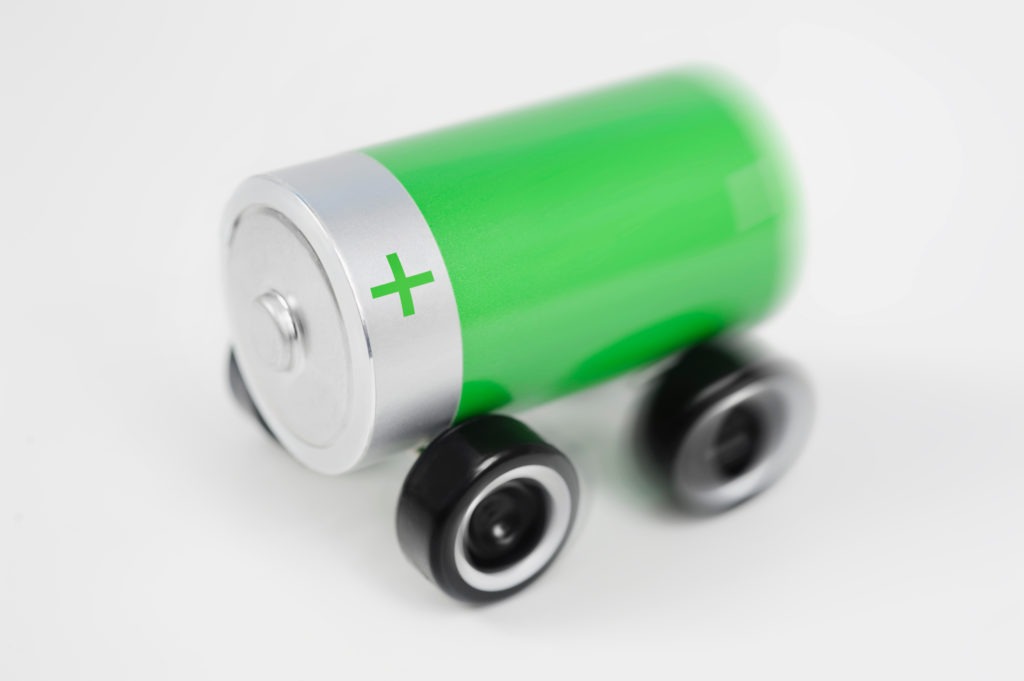Battery technology breakthrough could herald five-minute, 300-mile charging from 2020
18 May 2017

18 May 2017
Following a breakthrough in battery technology, a nanotechnology materials company in Israel, StoreDot, aims to reduce electric vehicle (EV) battery recharging time to five minutes and provide a range of 300 miles. The company expects the solution to be available for production vehicles within three years.
Aside from overcoming the high purchase costs, limited driving range and limited charging network associated with electric vehicles (EVs), a key barrier to their widespread uptake is recharging time. Rapid-charging stations are being increasingly installed through numerous initiatives – such as the joint venture between BMW, Daimler, Ford and Porsche – but even then charging can easily take at least twenty minutes. Given this, alternatives to lithium-ion batteries are being explored which aim to reduce charging times as well as addressing concerns over the limited availability of lithium as a raw material and the safety risks associated with the use of combustible liquid components in EV batteries.
As recently reported for example, a project sponsored by the Swiss National Science Foundation (SNSF) is researching new materials for rechargeable batteries, with the aim that they will replace lithium-ion batteries in the long term. And now StoreDot, a nanotechnology materials company based in Israel, has developed an organic substitute for the graphite cathode used in most lithium-ion battery cells – the component which limits energy conductivity, in turn affecting the amount of energy it can store, and the durability of the unit itself.
StoreDot’s ′FlashBattery’ technology is already used in mobile devices and it is now developing the solution for use in EV batteries with the aim of bringing it to the market in 2020. Dr. Doron Myersdorf, co-founder and CEO of StoreDot, said: ′Fast Charging is the critical missing link needed to make electric vehicles ubiquitous. The currently available battery technology dictates long charging times which makes the EV form of transportation inadequate for the public at large. We’re exploring options with a few strategic partners in the auto space to help us boost the production process in Asia and reach mass production as soon as possible.’
According to the StoreDot company website, ′The EV FlashBattery enables full charge in 5 minutes, providing up to 300 miles (480 km) of driving distance, depending on the model of your EV. StoreDot fast charging technology shortens the amount of time drivers have to wait in line to charge their cars, thus also reducing the number of required charging posts in a given charging station. The electric vehicle will have a pack comprising of hundreds of EV FlashBattery cells that can store enough energy for a full EV range on a 5-minute charge. For a 300-mile car, this translates to 60 miles of travel range on a 1-minute charge. Although the EV FlashBattery enables the remarkable feature of 5-minute vehicle charging, this will not increase the price of the electric vehicle. As the manufacturing process uses traditional capital equipment, with mostly standard processing, the EV FlashBattery cost is aligned with Li-ion industry’s cost reduction curve over the coming years, and will benefit the expected economies of scale of the industry as a whole. In addition, FlashBattery is environmentally safer than a Li-ion battery, utilizing organic compounds and a friendlier aquatic based manufacturing process.’